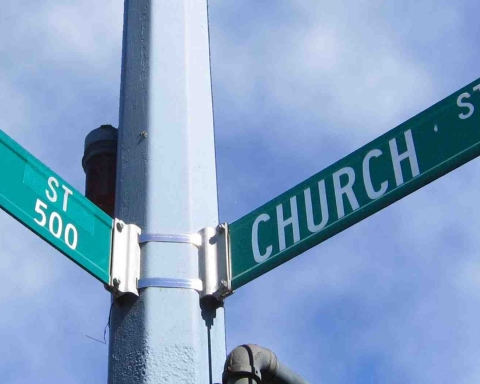Do you have federal student loans? I do and, if you are anything like me, it sucks. Regardless of being on the receiving end of a loan, the program administered by the U.S. Department of Education is clearly flawed.
In fact, one can easily make an argument claiming that because of widespread borrowing, the student loan program was a direct link to the epidemic of ever-rising tuition rates in American higher education. Millions take out multi-thousand dollar loans from institutions that have to comply with federal standards to allow such things and the end cost is a steeply subsidized environment. With the popularity of Federal subsidized loans, in effect, could corroborate the increase of higher education tuition prices by astronomical rates.
The Federal Reserve Bank of New York conducted a study on the subsidization of higher education costs and concluded the darn’dest thing…
Costs for tuition increase whenever someone takes out a loan.
Specifically, the study indicated that “The federal government has boosted aid to families in recent decades to make college more affordable [but] a new study from the New York Federal Reserve faults these policies for enabling college institutions to aggressively raise tuitions.”
Before you start pointing fingers, I have to admit that even though I am writing this op-ed and I agree with the entirety its content, I am a hypocrite when it comes to taking out loans.
Getting past that, the end sentiment is that the program is clearly flawed, as aforementioned. To further substantiate that claim, a cost analysis from the U.S. Government Accountability Office (GAO) indicated that it will take over $100 billion of taxpayer monies and similar revenues to foot the bill for the million recipients of federal student loans.
Making matters worse is the fact that the members of the 115th Congress were blindsided, recently, with unintended costs that were overlooked by both chambers, at large.
Yet, what is the proper response to these evident institutional failures continually recurring in the program, year to year?
Ask Senate Budget Committee chair Mike Enzi of Wyoming. In a relatively underreported show, the Republican senator penned, and signed, a letter on behalf of his committee directing Secretary of Education Betsy DeVos to conduct an internal audit of the Education Department’s (Ed) trillion dollar student loan portfolio.
“It’s important to realize that if the Education Department were a bank, it would be among the largest in the nation, based on its $1.3 trillion student loan portfolio,” Enzi wrote in the letter. “If Congress is to continue to entrust the $100 billion annual federal student lending operation to the agency, it must show that it can maintain accurate records of loan transactions, costs and performance – as any financial institution must.”
Enzi focused, heavily, on the problems of the program for quite some time and, well, it is very noteworthy. In fact, Enzi was the one who requested the aforementioned GAO study.
In the study, the GAO concluded that millions of borrowers were inputted into an unreliable data set and analysis model when it comes to the income driven loan repayment program. Simply, the consensus in the study was that the past administration of President Obama underestimated many key factors that dictated the repayment model for borrowers, individually.
Other major implications from the GAO study compelled by Enzi, notably, included similar accounting errors and financial projections that misrepresented the current state of the student loan programs, at the time.
Nevertheless, I think Enzi’s interest is a good start to opening up the books of a flawed government program in an effort to “audit the Ed.” In the end, though, the outcome needs to be useful and supportive of students, not growing the nation’s largest predatory lender: the Education Department.









